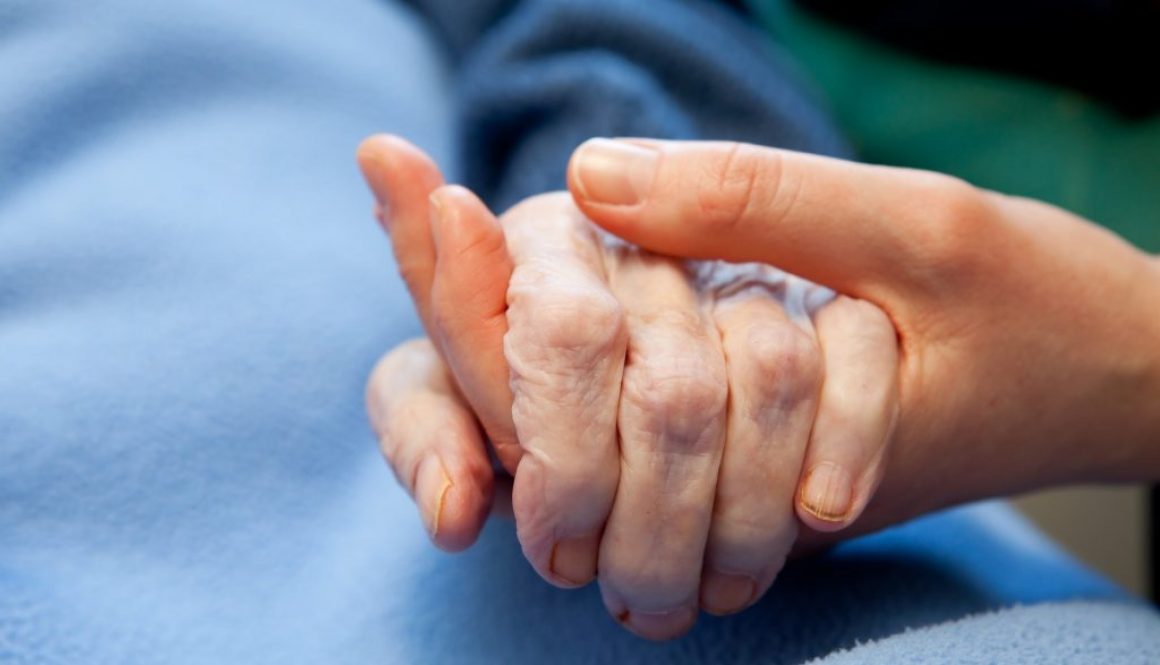Written by Director, Gareth Coles:
Last week, I met with Care Home professionals from all over Cardiff and the South Wales area at the annual Care Roadshow held in Cardiff City Stadium. The conference that ran alongside the programme focussed on pioneering treatments for the elderly, and there were lots of innovative products on show designed to facilitate care in Care Homes. As our work is closely linked with Care Homes, building positive relationships is important to make sure we’re delivering the right services and support to families and care professionals when the time comes.Currently, more than a fifth of annual deaths occur in care homes, but recent research published by King’s College London suggests this number will more than double in the next 20 years. According to the researchers, this is because “most people prefer to die in the place they are usually cared for, including home, rather than in hospital.”
In fact, the number of deaths in hospitals fell significantly between 2004 and 2014 and this trend is expected to continue so that by 2040, deaths in care homes, homes and hospices will account for 76% of all deaths.
Anna Bone, lead author of the paper published in Palliative Medicine, underlined the important role that care homes play in end-of-life care: “If we are to continue enabling people to die in their preferred place, it is essential to invest more in care homes and community health services.”
Working in the heart of the Cardiff community, the Coles team has seen the vital role that care homes play in nursing the elderly through their final years. We’ve also seen how when nursing and care homes lose a resident, it can be as difficult for the staff and residents as it is for the families of the deceased. It’s why in our work with the bereaved, we take the time to find out about their loved one’s life, right up to their final days – so we can provide the right kind of funeral services and support to all involved.
I also believe, having witnessed it first-hand, that giving people choices in death can bring peace of mind; it’s why we support the Death Positive movement dedicated to making people aware of those choices. In my experience, the elderly people we’ve worked with often have a more ‘matter of fact’ approach to death than some of our younger customers, and are clear about what they want and do not want. Interestingly, we’ve recently experienced a rise in the number of call outs to residential, care and nursing homes with people wanting to pre-plan elements of their funeral. It can provide some solace knowing that favourite songs and poetry will be listened to during the service. (Glenys Burrows’ story is a recent example of this).
If you think your parents, grandparents or elderly relatives would find peace of mind speaking to us, then please do not hesitate to get in touch and we can meet them at their place of residence. We look forward to hearing how we can help.

